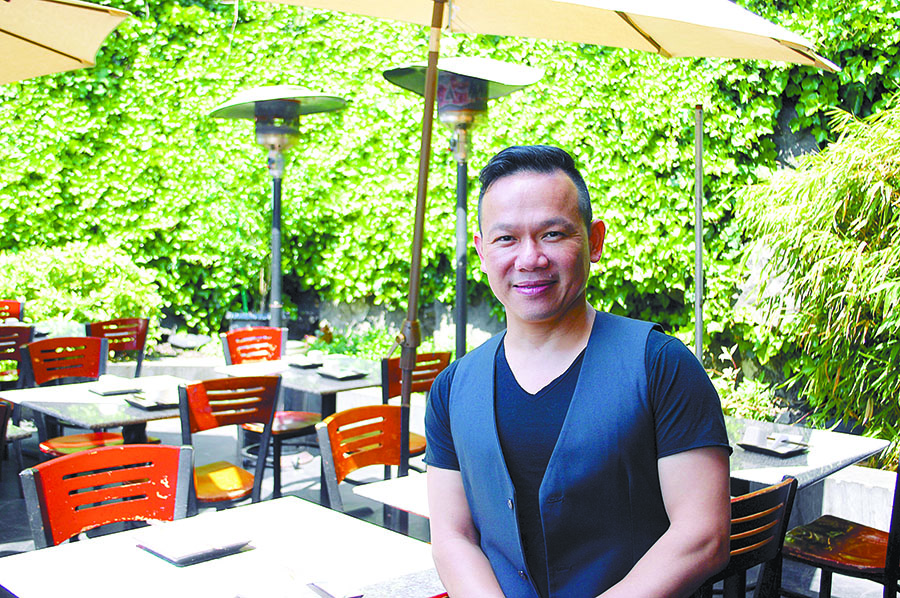Two years ago, you may recall, the owner of a Richland flower shop refused to sell flowers for the wedding of a couple of longtime gay customers. Barronelle Stutzman, a Christian, said her religious opposition to same-sex-marriage precluded her from providing floral arrangements for a gay wedding.
Stutzman’s decision was met with a lawsuit filed in Benton County Superior Court, just days days after the state Attorney General’s Office wrote to ask that Stutzman reconsider her position and agree to comply with the state’s anti-discrimination laws. She did not budge.
Yesterday, a Benton County Superior Court ruled that Stutzman, who has owned Arlene’s Flowers for 18 years, can be held personally liable in the case.
In his decision, Judge Alex Ekstrom sided with the state and couple, writing that “the clear language” of the Consumer Protection Act and state anti-discrimination law “supports both individual and corporate liability.”
“I’m not surprised. It was what we expected,” Stutzman, reached by phone at her flower shop this morning, told Seattle Weekly. “That’s all I have to say about it.”
In his 35-page decision, Judge Ekstrom upheld the Attorney General’s authority to bring its suit under the Consumer Protection Act, writing that, “the court concludes that the Legislature intended to allow the (attorney general) independent unfettered authority to bring this action.”
Kristen Waggoner, one of Stutzman’s attorneys, told the Tri-Cities Herald on Wednesday that, “we’re disappointed in the ruling,” noting it means Stutzman would be on the hook personally for civil penalties and attorney fees should she lose.
In a statement, Attorney General Bob Ferguson said, “It’s no accident that Judge Ekstrom’s ruling so closely mirrors our arguments, and we look forward to the decision on the remaining motions.”
The ACLU of Washington said in its own statement Wednesday that the couple, Robert Ingersoll and Curt Freed, “were not treated the same as other customers” when they sought flowers for their wedding. “They were hurt and saddened by the florist’s refusal to provide service. We want to ensure that other couples do not face similar discrimination in the future.”
The trial is set for March.








